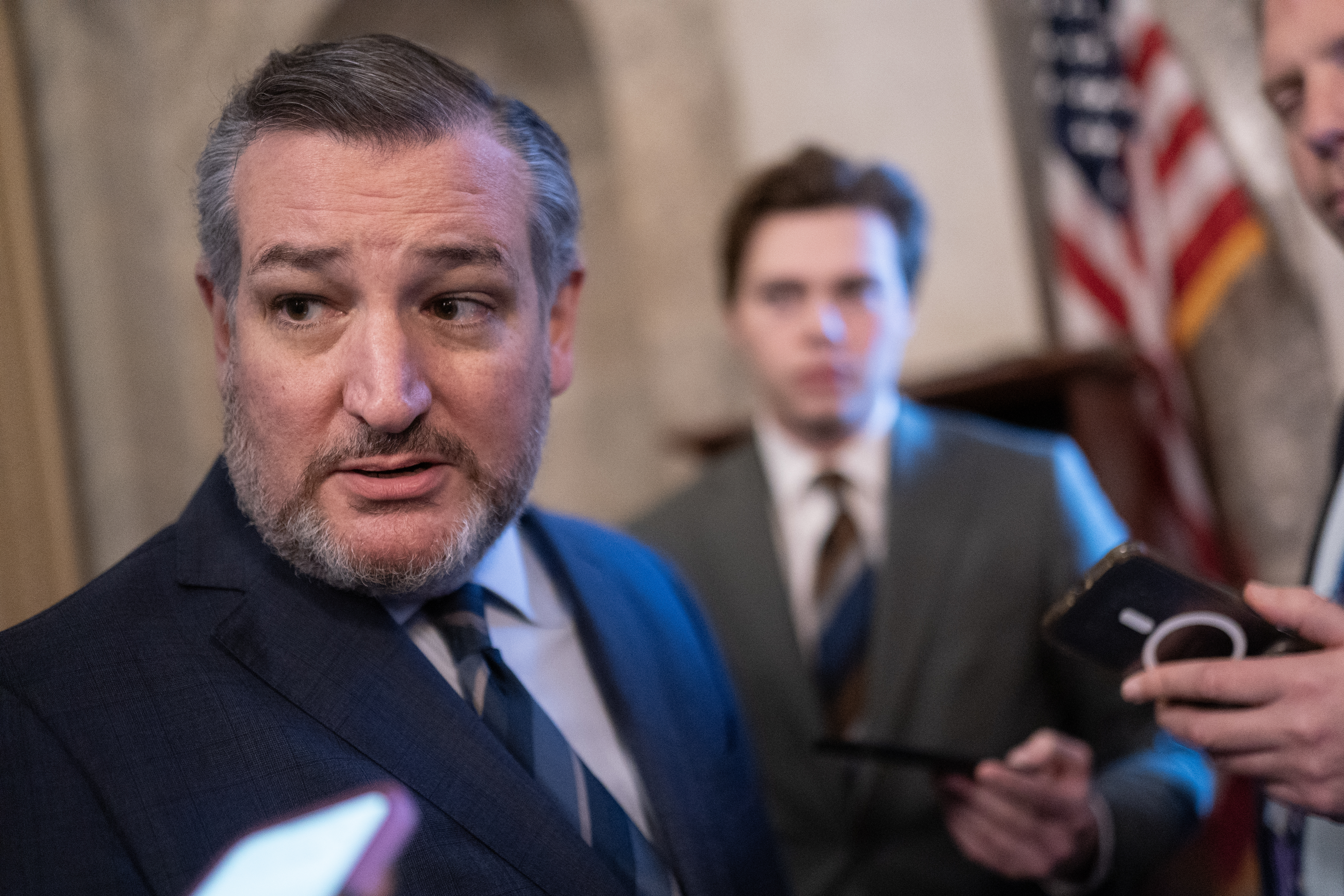
cruz wants to make it easier for Senate Commerce Committee Chair Ted Cruz (R-TX) is advocating for a new bill aimed at facilitating legal recourse for Americans who believe they have been victims of government censorship.
cruz wants to make it easier for
Background on Government Censorship and Recent Events
The issue of government censorship has gained significant attention in recent months, particularly in the context of social media platforms and their role in moderating content. The debate intensified following comments made by Federal Communications Commission (FCC) Chair Brendan Carr regarding comedian Jimmy Kimmel’s late-night show. Kimmel faced suspension after making a joke about Charlie Kirk, a conservative commentator, which Carr described in a manner that many interpreted as a threat to the comedian’s career.
Cruz’s interest in this topic is not merely reactionary; he has been concerned about government overreach and its implications for free speech for some time. The senator’s remarks about Carr’s comments being reminiscent of “Goodfellas” highlight his belief that such threats can set a dangerous precedent for silencing dissenting voices, particularly those on the conservative side of the political spectrum.
The Proposed Bill: Key Features and Objectives
Cruz plans to introduce the bill in the coming weeks, aiming to create a legal framework that allows individuals to sue for damages if they believe their speech has been unlawfully suppressed by the government. The proposed legislation is designed to simplify the process for victims of censorship, making it easier for them to seek monetary damages. The bill will include specific exceptions to ensure that it does not inadvertently protect unprotected speech, such as nonconsensual intimate imagery, and will also carve out provisions for legitimate government investigations.
Legal Procedures for Censorship Cases
The new procedures outlined in Cruz’s bill would provide a clearer pathway for individuals to challenge government actions that they perceive as infringing upon their First Amendment rights. This could include instances where government officials exert pressure on social media companies to remove content or deplatform users. By establishing a legal framework, Cruz hopes to empower citizens to hold the government accountable for actions that may violate their rights to free expression.
Bipartisan Support and Collaborative Efforts
Cruz has expressed optimism that the current climate of liberal outrage over government censorship could lead to bipartisan support for his bill. In an interview with The Wall Street Journal, he noted that some Democratic colleagues have shown interest in addressing Carr’s comments and the broader implications of government censorship. “Perhaps that poses an opportunity for us to work together in a bipartisan way,” Cruz stated, indicating his willingness to collaborate across party lines to address this pressing issue.
However, the potential for bipartisan support may be complicated by the specific targets of Cruz’s criticisms. His recent report accusing the Biden administration of using the Cybersecurity and Infrastructure Security Agency (CISA) as a tool for censorship has raised eyebrows among Democrats. Cruz’s claims that the administration pressured social media platforms to deplatform individuals expressing skepticism about COVID-19 and mail-in voting are contentious and could hinder collaborative efforts.
Implications of the Proposed Legislation
The implications of Cruz’s proposed legislation could be far-reaching. If enacted, it could fundamentally alter the landscape of free speech in America, particularly in the context of government interaction with private companies. The bill could empower individuals to challenge government actions more effectively, but it also raises questions about how it might be applied in practice.
Potential Challenges and Concerns
While the bill aims to protect free speech, critics may argue that it could lead to frivolous lawsuits against government officials and agencies. The legal landscape surrounding free speech is already complex, and adding new layers of litigation could complicate matters further. Additionally, there are concerns about how the bill would define censorship and what constitutes a legitimate claim. The balance between protecting free speech and allowing for necessary government oversight will be a critical point of contention.
Reactions from Stakeholders
Reactions to Cruz’s proposed bill have been mixed. Supporters argue that it is a necessary step to protect individuals from government overreach and to uphold the principles of free speech enshrined in the First Amendment. They contend that the bill could serve as a deterrent against future attempts at censorship, fostering a more open and transparent dialogue in public discourse.
On the other hand, opponents express concern that the legislation could be misused to undermine legitimate government actions. They worry that it could create an environment where government officials are hesitant to engage with social media platforms for fear of legal repercussions, potentially stifling important public health messaging or other critical communications.
Recent Legal Precedents and Their Relevance
The legal landscape surrounding government censorship is not without precedent. Last year, the Supreme Court reversed a lower court decision that found the Biden administration had unconstitutionally coerced social media platforms to remove content. The Court ruled that there was no “concrete link” between the administration’s communications and the companies’ decisions to moderate content. This ruling underscores the complexities involved in proving government censorship and may influence how Cruz’s bill is interpreted and enforced.
The Role of the Supreme Court
As the highest court in the land, the Supreme Court plays a crucial role in shaping the interpretation of the First Amendment and the boundaries of free speech. The Court’s decisions often set important precedents that guide lower courts and influence legislative efforts. Cruz’s proposed bill may ultimately find its way to the Supreme Court, where its constitutionality and implications for free speech will be rigorously examined.
Future Prospects and Next Steps
As Cruz prepares to introduce his bill, the political landscape remains fluid. The potential for bipartisan support could hinge on how effectively he can frame the issue of government censorship as a non-partisan concern. By emphasizing the importance of free speech for all Americans, regardless of political affiliation, Cruz may be able to rally support from both sides of the aisle.
In the coming weeks, Cruz plans to host a series of hearings focused on government censorship, which will include testimony from FCC Chair Carr. These hearings could serve as a platform for discussing the broader implications of government actions on free speech and may provide valuable insights that shape the final version of the bill.
Engaging the Public
As the legislative process unfolds, public engagement will be crucial. Advocacy groups, civil liberties organizations, and concerned citizens will likely weigh in on the proposed legislation, offering their perspectives and recommendations. Public opinion can significantly influence lawmakers’ decisions, and Cruz’s ability to galvanize support from constituents will be essential for the bill’s success.
Conclusion
Cruz’s proposed legislation represents a significant step in the ongoing debate over government censorship and free speech in America. As he seeks to empower individuals to challenge government actions that infringe upon their rights, the implications of this bill could reverberate across the political landscape. The potential for bipartisan support, coupled with the complexities of legal interpretation and enforcement, will shape the future of free speech in the United States.
Source: Original report
Was this helpful?
Last Modified: October 9, 2025 at 10:40 pm
1 views















